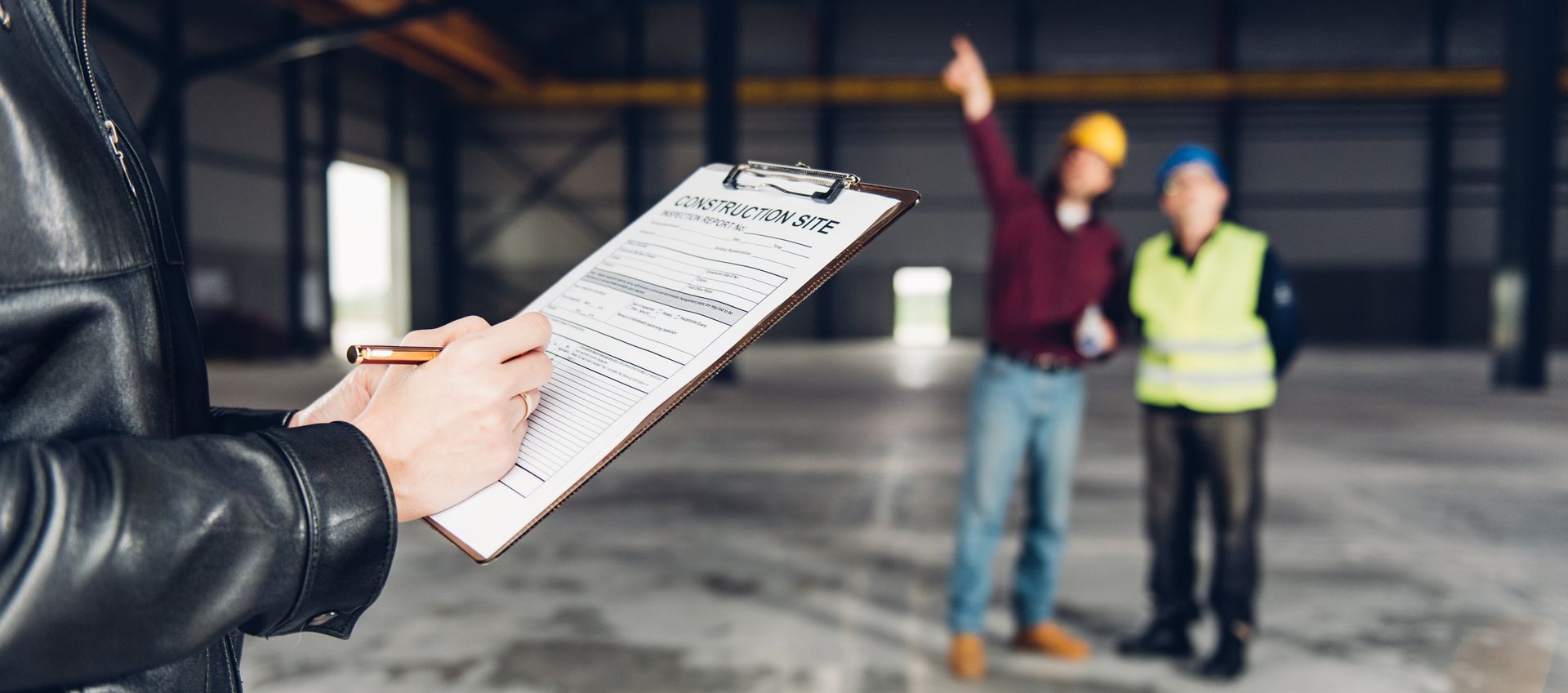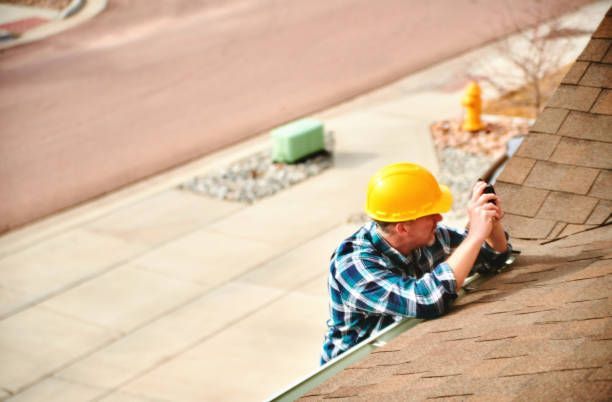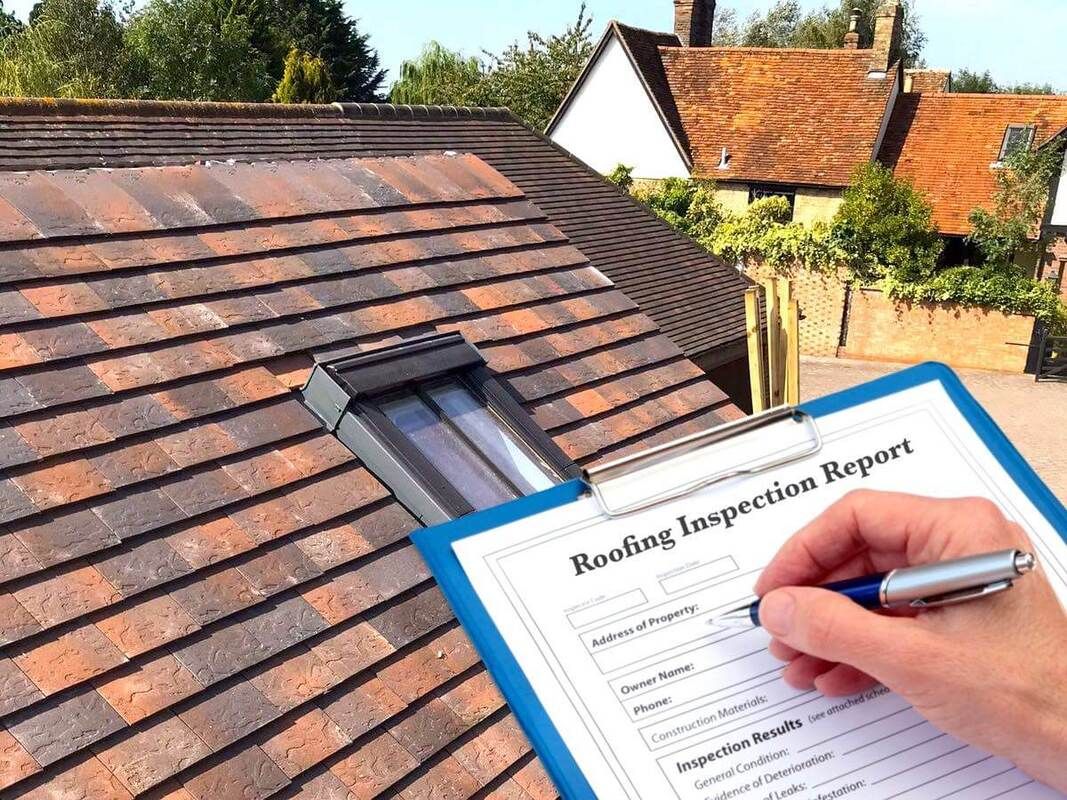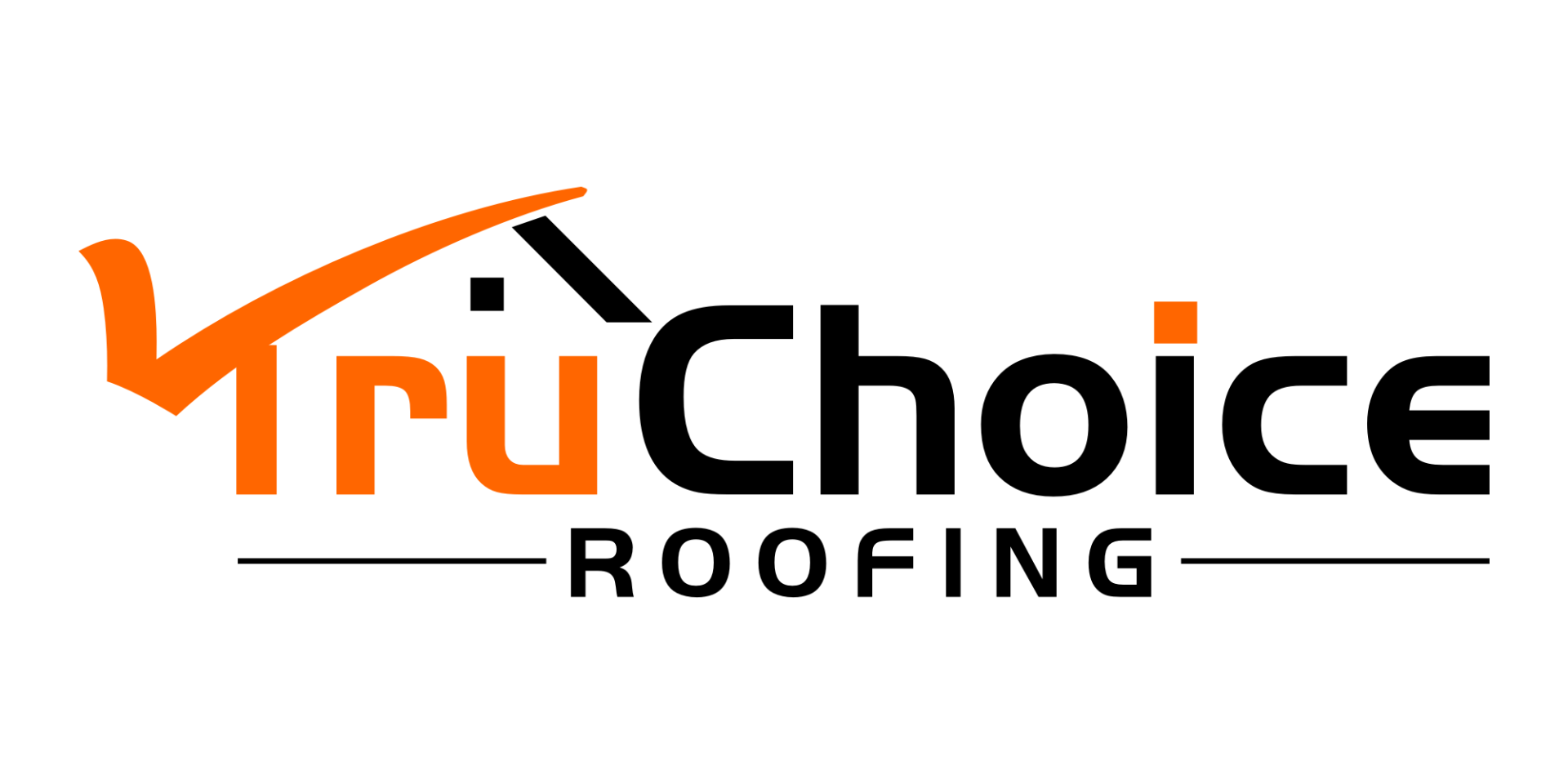A Closer Look: What to Expect From a Detailed Roof Inspection Report
Your home's roof is your first line of defense against the elements, but how well do you know its condition? How can you keep tabs on what maintenance or repairs it needs?
The answer is a roof inspection report.
Today, we're covering what you can expect from a detailed roof inspection report, including its key components, the expertise behind the assessments, and how it can guide your roof maintenance decisions.
The Importance of Regular Roof Inspections
Regular roof inspections are key to keeping your building in top shape. It works hard all year round to protect you from rain, snow, and heat. Without a regular check-up, small problems might grow into bigger, more expensive ones.
A professional inspector looks at your roof with a trained eye. They can spot issues you might miss, like small leaks or areas where the roof is starting to wear.
Catching these issues early can save you money. Instead of paying for major repairs, you'll only need to handle smaller fixes.
Another good reason for regular inspections is to keep your warranty valid. Many roofing materials come with warranties that require regular maintenance. If you skip your inspections, you might find yourself without coverage when you need it most.
A well-maintained roof also adds to your home's overall value. If you plan to sell your house in the future, a history of regular roof inspections can be a big selling point. It shows potential buyers that you've taken good care of the house.
Lastly, regular inspections can help you plan your budget better. When you know the state of your roof, you can plan for repairs and maintenance without surprises. This helps you manage your money more effectively and avoid the stress of unexpected expenses.

What Is a Roof Inspection Report?
A roof inspection report is a professional assessment that details the condition of your roof. This report is created by a roofing contractor after a thorough examination of both the exterior and interior aspects of your roof. It serves as a vital tool for homeowners and property managers to understand the current state of their roof.
The significance of a roof inspection report lies in its ability to pinpoint any existing issues or potential concerns with your roof. This includes identifying damaged or missing shingles, problems with the roof structure, and any signs of leaking or water damage.
The report provides a snapshot of the roof's condition and highlights areas that need immediate attention. It also looks at things that might require future monitoring or maintenance.
Having this report is crucial for planning. It helps you prioritize roofing issues based on their severity. And this can significantly extend the life of your roof and prevent small problems from becoming major, costly repairs.
The detailed findings allow you to make informed decisions about maintaining your roof, ensuring it continues to protect your home effectively.

Key Components of a Roof Inspection Report
A roof inspection report is thorough and covers several key areas to ensure a comprehensive assessment of the roof's condition. Here's what the report typically includes.
Structural Inspection
This part of the report examines the underlying structure of the roof. Inspectors check the attic, eaves, and all supporting structures for signs of stress or deterioration. They look for any sagging or bending that could indicate problems with the roof's framework.
The condition of the roof deck is also assessed, as are the ventilation systems. Proper ventilation is essential to avoid moisture buildup that can lead to mold and rot.
Material Inspection
The materials used on your roof are closely examined for their condition and integrity. This includes shingles, tiles, and any sealing components. The inspector checks for cracked, broken, or missing shingles and assesses the overall quality of the installation.
This inspection also covers the flashing around chimneys, vents, and other protrusions, ensuring that everything is sealed properly to prevent water from entering the home.
Interior Inspection
Inspectors also look inside the building for any evidence of roof problems. This includes checking for stains on ceilings and walls, peeling paint, or any other signs that water is leaking into the building.
They also check the insulation for dampness, which can indicate a leak. Spotting these signs early can prevent more extensive damage to the interior of the home.
Workmanship Examination
The quality of the roofing workmanship is another critical component of the inspection. This examination involves checking past repairs and new installations to ensure they were done properly.
Poor workmanship can lead to a host of problems, including leaks and premature aging of the roof. This part of the report assesses whether the installation adhered to industry standards and best practices.
Together, these components provide a detailed overview of the roof's condition. The inspector's findings help homeowners understand what is working well and what needs attention.

Who Conducts Roof Inspections?
When it's time for a roof inspection, it's essential to choose the right person for the job. Roof inspections should be done by professional roofing contractors who have the training and experience needed to spot problems and provide reliable solutions.
Professional Roofing Contractors
Professional roofing contractors are trained experts who specialize in roof evaluations. They have a deep understanding of different roofing materials and structures.
Their training involves not just the basics of roofing but also advanced techniques for detecting hidden damage. A qualified contractor will hold certifications from recognized industry organizations, which ensure they follow high standards.
Qualifications and Certifications
Certifications are important because they show that the inspector has met certain industry standards. Look for a contractor who has credentials from well-respected associations like the National Roofing Contractors Association (NRCA). These certifications mean the inspector is up to date with the latest roofing techniques and safety regulations.
The Value of Professional Assessments
Hiring a certified professional ensures that your roof inspection is thorough and accurate. These experts use their training to check every part of your roof, from the shingles to the underlying structure.
They can spot signs of wear and potential issues that might not be obvious to the untrained eye. This thoroughness helps prevent small, manageable problems from turning into large, expensive repairs.

Choosing the Right Inspector
When choosing a roofing contractor for your inspection, don't just look at their certifications. Consider their experience and reputation as well. You can check online reviews and ask for references to learn about their reliability and customer service.
A reputable contractor will be transparent about their process and willing to discuss any findings with you in detail.
Having a professional roof inspection is an investment in your property. It not only ensures that your roof is in good condition but also helps in maintaining your home's safety and value. By choosing the right professional for your roof inspection, you can rest assured that you are getting accurate information and knowledgeable advice on maintaining your roof's health.
Using Your Inspection Report for Roof Maintenance
Once you've received your roof inspection report, it's time to put that information to good use. The report is a tool that helps you understand the current state of your roof and what steps you should take next to maintain or improve it.
Start by reviewing the key issues noted in the report. If there are minor repairs needed, consider addressing these problems quickly. This could be things like replacing a few damaged shingles or sealing small leaks.
Early repairs can prevent minor issues from turning into major problems, saving you money and hassle in the long run.
The report might also suggest areas for preventive maintenance. This could include clearing debris from your roof and gutters, trimming overhanging tree branches, or checking and resealing flashings regularly. These simple steps can significantly extend the life of your roof by preventing water damage and other wear and tear.
If the inspection uncovers more significant issues, it's important to prioritize these repairs. This means issues like structural damage or widespread deterioration of materials.
You may need to budget for more substantial work or even a full roof replacement. In these cases, consult with your roofing contractor to discuss the best options and timing for the work needed.
And use the report to plan for future maintenance. By understanding the current condition of your roof, you can forecast when major repairs or replacements might be necessary. This helps you plan financially and ensures you're not caught off guard by sudden roofing expenses.

Keeping a Roof Over Your Head
A detailed roof inspection report is invaluable for maintaining your home's safety and integrity. It helps you identify and address potential issues early, ensuring your roof remains in optimal condition and continues to protect your home effectively.
TruChoice Roofing is the top provider of gutter and roofing services in Fort Wayne. We ensure your home is protected with reliable gutter and roofing services. Whether you need a completely new system or a few repairs, our roofing specialists have got you covered.
Get in touch today to find out how we can help with your roof!
Get a Quote Today!
Blog Contact Form
We will get back to you as soon as possible
Please try again later
You might also like
Quick & Reliable
Servicing Fort Wayne and surrounding areas.
Location
112 Lincoln Highway W.
New Haven, IN 46774
Info@truchoiceroofing.com
Call
260-222-8812
All Rights Reserved | TruChoice Roofing







